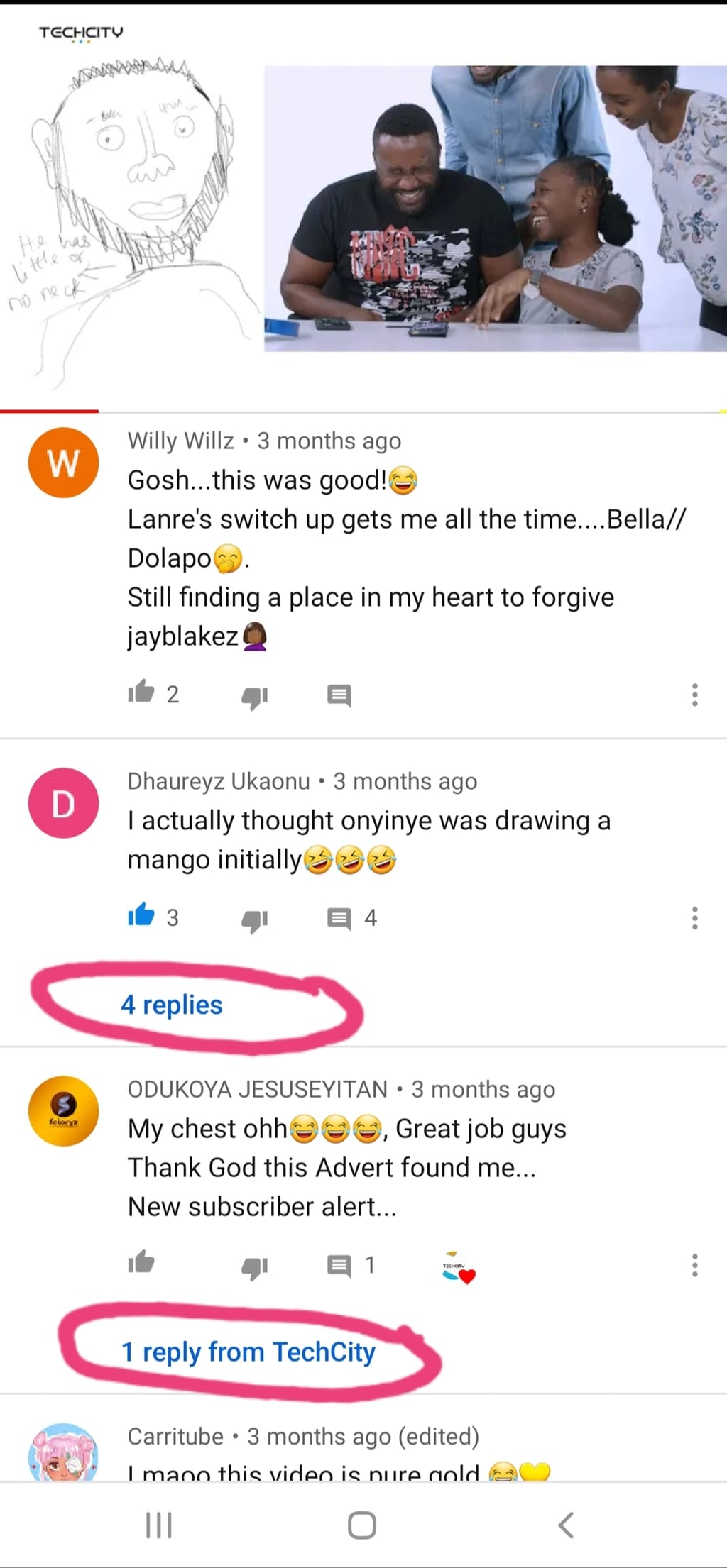If you have a Google account, then you should have gotten a mail (about a month ago), notifying you about changes to its Terms of Service with effect from December 10th, 2019 (which was yesterday). The mail expressly stated, that these changes will not affect the Google Privacy Policy, nor the way data is collected and processed and highlights the need to present clearer and more transparent terms, to its users.

The changes are coming 19 months after its last update, effective on May 25, 2018, with an aim to ensure the Terms of Service, reflect the YouTube product today and to make them more transparent and user-friendly.
Here’s what you need to know:
Changes made
- Your Service Provider is now Google LLC
- They’ve added a link to the Policy, Safety and Copyright Policies, and Advertising on YouTube Policies, which all form part of the Agreement.
- Although the minimum age to manage your own Google Account for a country like Nigeria is 13, there’s now a section for you to explain your responsibility as a parent, if you allow your child to use YouTube.
- Their Terms now make clear that, if you are using the Service on behalf of a company or organisation, that business accepts this Agreement.
- There’s also an additional limitation of liability provision that applies only to Business Users, including a monetary cap on Google’s liability.
- Restrictions section has been updated, to include a prohibition on manipulating metrics. Hmm!
- YouTube can no longer use your comments in perpetuity.
- Their Terms now include more details about when they might need to terminate Agreement with bad actors, and an option to appeal if you think they got it wrong.
- Includes a link to the tools you will need to remove your content, as well as a clear description about why they might need to take down content, and how to appeal removals.
- Software licence grants are more specific and include some details around open source.
- Disclaimers and limitations of liability in the Terms.
Changes have also been made in the display as “Replies” are now in lower case as opposed to the previous UPPER CASE, while texts for search histories are bolder.


What remains the same?
- They’re not asking for additional permissions and there’s no difference in how they use your content.
- They haven’t made any changes to the way they treat your information.
- There are no changes to monetization. Sorry!
YouTube has also made changes this year to include, a reminder to keep comments respectful and follow Community Guidelines. You can read the new Terms in full.






